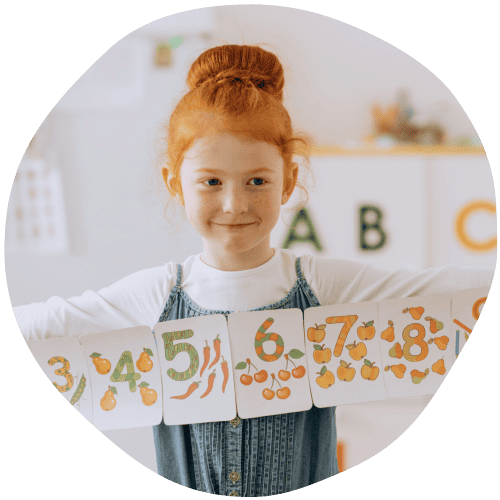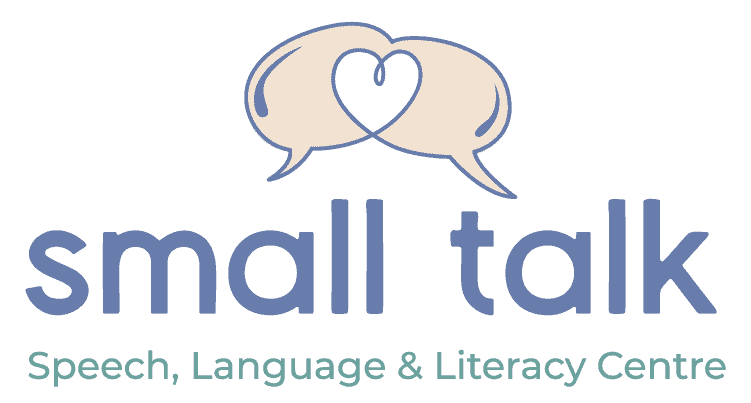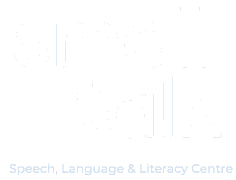Our Services
Cultivating Smiles
Nuturing Confidence
How we can help
We provide quality speech pathology services with the care that families need in a relaxed environment. This ensures your child feels at ease. Rather than appointments, we turn visits into enjoyable playdates. Our approach is tailored to each child’s needs, with evidence-based techniques and a personal touch. Additionally, we actively involve parents, empowering them with strategies to support their child’s progress at home.
Discover the three main areas of our practice below, all provided in our comforting home-based environment.
- Orofacial Myology is the study of the oral and facial muscles in relation to their movement patterns for daily life. The muscles of the face, lips, tongue, and jaw should function in a way that supports healthy breathing, eating, swallowing, and speaking.
- Myofunctional Disorders
Poor movement patterns are known as myofunctional disorders and may be identified as:
– mouth breathing
– poor sleeping
– behavioural issues
– tongue thrust
– messy or fussy eating
– tongue tie
– drooling
– thumb or dummy sucking
– high arched narrow palate
– issues with dentition and malocclusion
– orthodontic problems
– difficulty with speech, eating or swallowing. - Myofunctional Therapy is the use of exercise based techniques that are applied to the head, face, mouth and throat. Collaboration with other professionals, including Airway Focussed Dentists , Osteopaths and Chiropractors is essential for optimal outcomes.
We specialise in supporting every aspect of your child’s speech and language development. From mastering speech sounds to building vocabulary and understanding grammar rules, our comprehensive services cover all the key components of language acquisition.
If you are concerned about your child’s literacy development, Small Talk can assist with the explicit teaching of:
- sounding out words
- spelling rules
- recognising words
- writing stories and essays
- comprehending stories and other written information
Claire-Marie provides individualised support tailored to your child’s needs, whether they’re struggling with articulation, language comprehension, or social and written communication skills. We understand that speech and language development is a crucial foundation for academic success and social interaction, which is why we’re dedicated to helping your child thrive.
Through engaging activities and personalised therapy plans, we empower children to become confident communicators. From phonetics and phonology to pragmatics, our holistic approach ensures that your child receives the support they need to reach their full potential.
Cognitive Development refers to how children think and explore. We offer specialised services to support children who may be experiencing challenges with attention, memory, reasoning, information processing, emotional reactivity and more.
We understand that cognitive development plays a crucial role in how children learn, problem-solve, and interact with the world around them. That’s why our tailored treatment plans are designed to address specific areas of concern, empowering children to build essential skills and thrive in all aspects of their lives.
Whether your child needs support with organisation, impulsivity, or emotional reactivity, we provide a supportive and nurturing environment for them to grow.
Speech and Language Screening Services
What is a Screener?
When it comes to speech, language and literacy delays, early intervention is crucial for future academic and social success. Sometimes families are unsure if their child needs speech therapy. That’s when a screening can be beneficial.
Screenings are designed to provide a quick estimate of your child’s communication skills. They allow an initial impression of your child’s abilities to determine if an in-depth assessment is needed.
Some signs your child may need speech pathology
- strangers should understand your child’s speech at least 50% of the time
- does not understand differences in meaning of basic concepts (go/stop, in/on, up/down)
- does not follow two requests at once (e.g. “Get the book and put it on the table”)
- strangers should understand your child’s speech at least 75% of the time
- can’t answer simple who, what and where questions
- can’t tell you what they have done at school using longer sentences
- strangers should understand your child’s speech at least 90% of the time
- can’t pay attention to a short story and answer simple why questions about stories
- can’t tell a story with more complex sentences or stick to a topic for a number of turns
- can’t converse about past events/topics with long complex sentences
- doesn’t use because, when, if, and so in sentences
- has difficulty stating problems and verbally predicting solutions
Professional Learning & Support
Get in touch today if you would like professional support, consultation, or second opinion advice.
Funding Options
We are registered with Medicare (Chronic Disease Management Plans) and all Private Health Funds. Additionally, we work with NDIS participants who are self or plan managed.

Its time to stop reading and give us a call.
Reach out today for a relaxed chat about your concerns.



